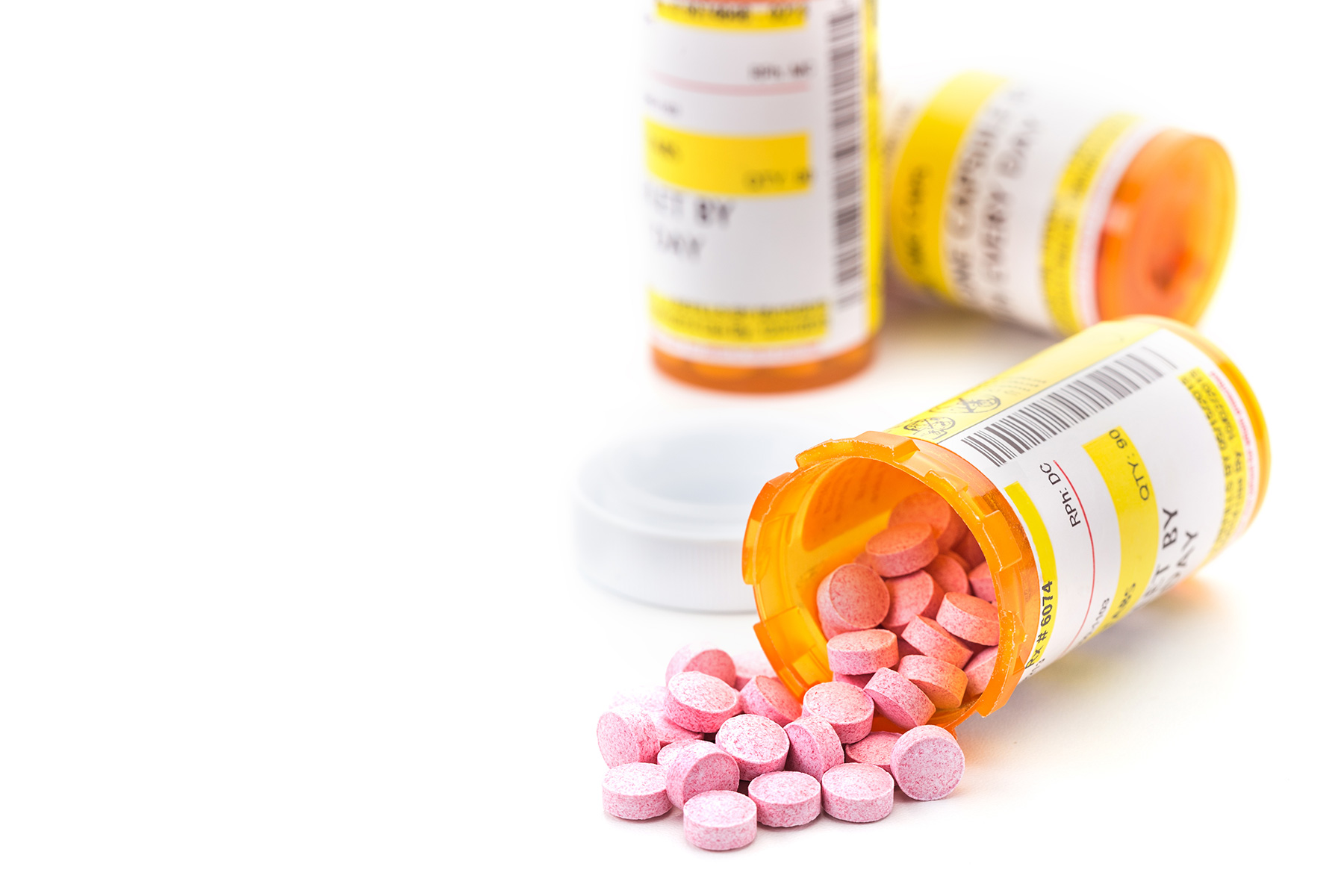What is Warfarin?
Warfarin is an anticoagulant used to prevent abnormal blood clot formation. An anticoagulant is a type of medication that decreases the blood’s ability to clot. Normally, a blood clot forms in response to wounds to help stop bleeding and prevent further blood loss. However, if a blood clot forms within blood vessels, it can block blood flow to certain parts of the body, leading to serious health complications, such as a stroke or heart attack.
Warfarin is an oral medication typically given to people who are at a high risk of developing blood clots. This drug is commonly used to treat people with atrial fibrillation or artificial heart valves, or have recently suffered from a deep vein thrombosis, pulmonary embolism, stroke or heart attack.
Warfarin increases the amount of time it takes for the blood to clot by inhibiting an enzyme called Vitamin K epoxide reductase. This enzyme usually recycles vitamin K to a reduced state for reuse. Warfarin prevents this recycling, resulting in a lack of vitamin K. The lack of vitamin K prevents carboxylation of Vitamin K-dependent clotting factors, thereby inactivating clotting factors and affecting the downstream blood-clotting cascade.
Warfarin is used for preventing blood clot formation and growth, but it cannot destroy existing blood clots. It normally takes a few days for the anticoagulant effects of warfarin to take effect, as it takes time for the body to be depleted of its existing supply of active vitamin K and clotting factors. Tissue plasminogen activator is an alternative fast acting medication to break down exiting blood clots. Heparin is another medication commonly used before the anticoagulant effects of warfarin take place.
References:
Warfarin Uses, Dosage, Side Effects. Drugs.com.
DNA In the News2017-04-06T19:53:30+00:00

